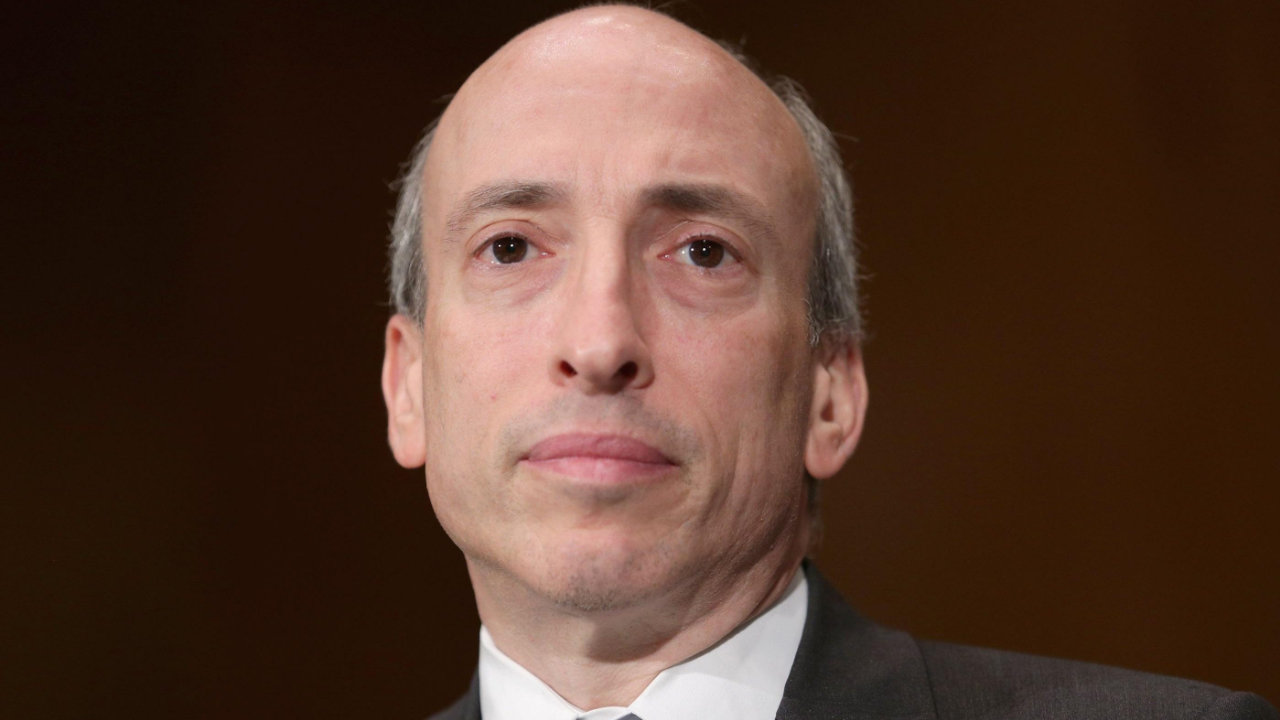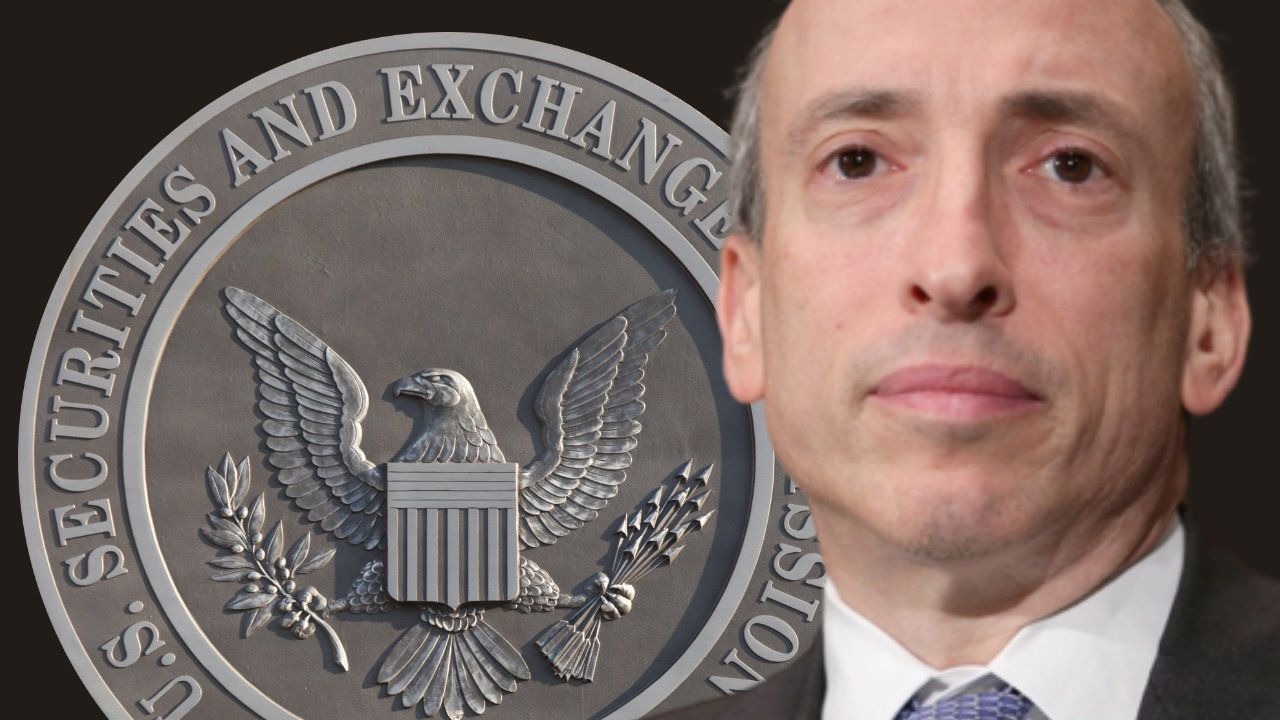
The reported discussion between the two CEOs of the company happened in March last month, at a time when FTX requested CFTC to eliminate the role of brokers in product offerings.
Goldman Sachs is reportedly pursuing an alliance with one of the top cryptocurrency exchanges FTX.
The chief executive officer of Goldman Sachs David Solomon reportedly met with Sam Bankman-Fried, the founder of FTX in a closed-door meeting in March to discuss various prospects of working together, reported Financial Times.
According to the report, the major points of discussion were around mitigating regulatory compliance in the United States and Goldman Sachs offered to help them, especially with the Commodity Futures Trading Commission. Apart from regulatory assistance, the Wall Street bank also offered to help with future funding rounds.
The latest report highlights the growing relationship between traditional Wall Street giants and emerging crypto companies. Goldman Sachs has also shown interest in helping FTX with its public listing. However, people familiar with the matter claimed that Bankman Fried is currently looking for more private fundraising opportunities.
Related: FTX crypto exchange wins license in Dubai to open local headquarters
FTX has racked up a valuation of $32 billion after three funding rounds ranging in hundreds of millions of dollars. The last funding round came towards the end of January when the crypto firm closed a $400 million funding round, which is also the smallest of the three funding rounds.
Goldman Sachs like many other Wall Street giants has come a long way from its early days of Bitcoin bashing and currently looking to take a pie in FTX, one of the biggest crypto market companies at the moment.
Goldman Sachs and FTX didn’t respond to requests for comments from Cointelegraph at the time of publishing.
The reports of an alliance between one of the biggest wall street banks and one of the largest crypto exchanges come at a time when FTX had filed an application with CFTC requesting to eliminate brokers such as Wall Street banks in the financial markets with its crypto futures products.








